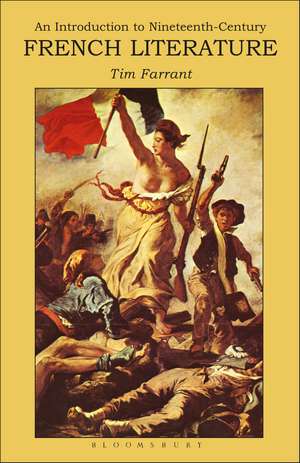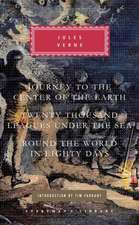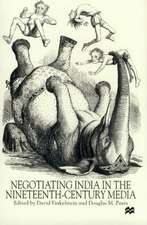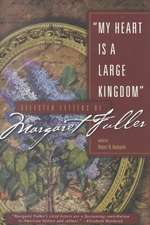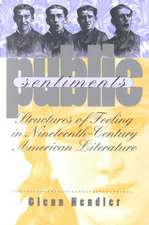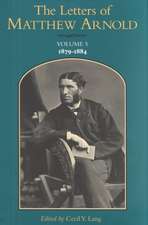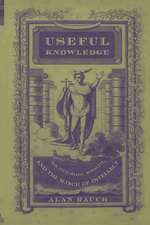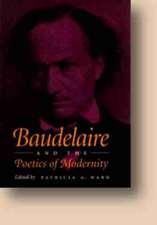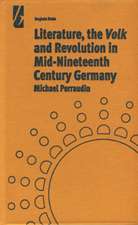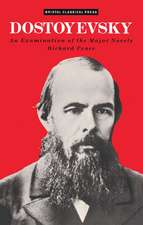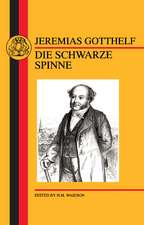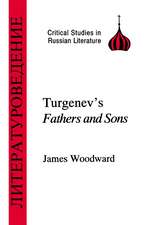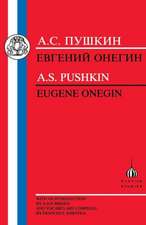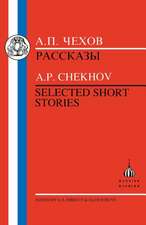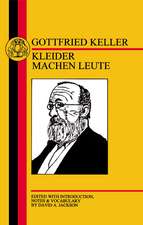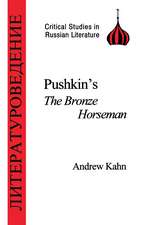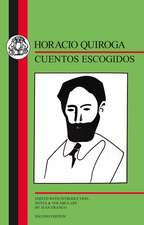Introduction to Nineteenth-Century French Literature: New Readings
Autor Tim Farranten Limba Engleză Paperback – 31 mai 2007
Preț: 177.32 lei
Preț vechi: 191.22 lei
-7% Nou
Puncte Express: 266
Preț estimativ în valută:
33.93€ • 35.43$ • 28.08£
33.93€ • 35.43$ • 28.08£
Carte tipărită la comandă
Livrare economică 04-18 aprilie
Preluare comenzi: 021 569.72.76
Specificații
ISBN-13: 9780715629079
ISBN-10: 0715629077
Pagini: 160
Dimensiuni: 135 x 216 x 16 mm
Greutate: 0.27 kg
Editura: Bloomsbury Publishing
Colecția Bristol Classical Press
Seria New Readings
Locul publicării:London, United Kingdom
ISBN-10: 0715629077
Pagini: 160
Dimensiuni: 135 x 216 x 16 mm
Greutate: 0.27 kg
Editura: Bloomsbury Publishing
Colecția Bristol Classical Press
Seria New Readings
Locul publicării:London, United Kingdom
Notă biografică
Tim Farrant is Fellow and Tutor and CUF Lecturer in French at Pembroke College, Oxford.
Descriere
Takes the literature of the period both as a window on various mindsets and as an object of fascination in its own right. Beginning with history, the century's biggest problem and potential, this title looks at narrative responses to historical, political and social experience, before devoting central chapters to poetry, drama and novels.
